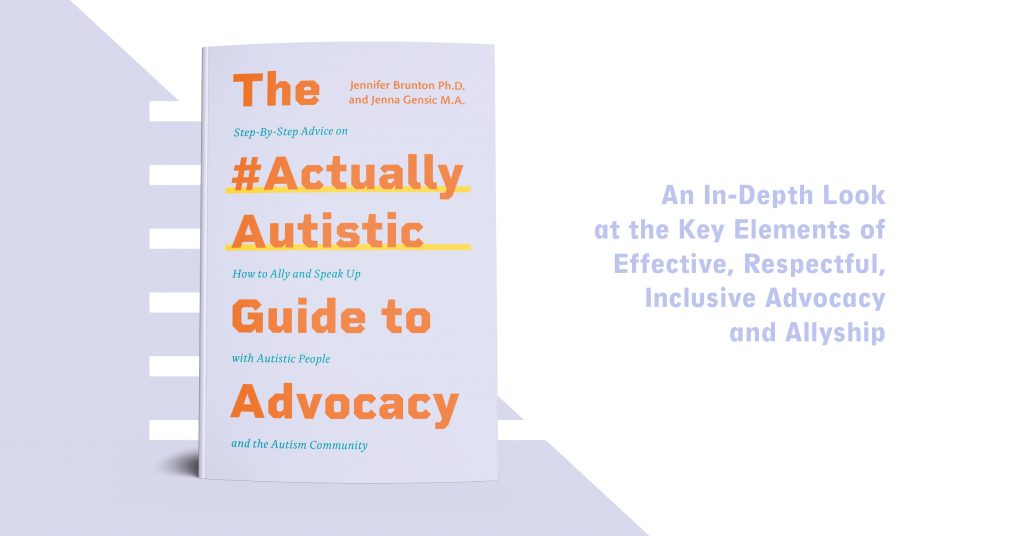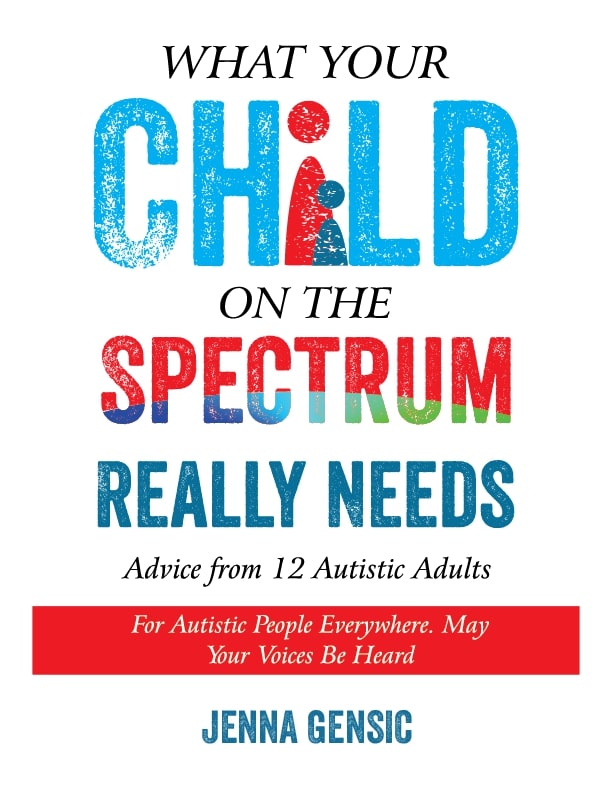Stories That Need To Be Told
I love listening to stories. The idea for this book came from my passion for storytelling and a special interest in the authority of personal experience. I studied the personal essay in graduate school and have continued using the transformative power of storytelling in a variety of different ways. My interest in autistic storytelling comes from living alongside my autistic brother and son.
When my son was diagnosed with autism at four, my husband and I sought the advice of every “expert” we were recommended to: doctors, therapists, psychologists, etc. But there was one problem with these professionals that left a big gap in our pursuit for the best support for our son–they weren’t autistic. I grew tired of the media stories about what I should or should not be doing as a parent of an autistic child. Avoid milk! Extra doses of vitamins! Try this really expensive supplement! Don’t eat broccoli in your first trimester! So…the broccoli reprimand I haven’t actually heard yet, but you get the idea. When I first started this project, I wanted to find out what autistic people thought of the overwhelming amount of therapy, behavioral, and diet advice out there. I soon realized this is where I should have started.
…
Read More





